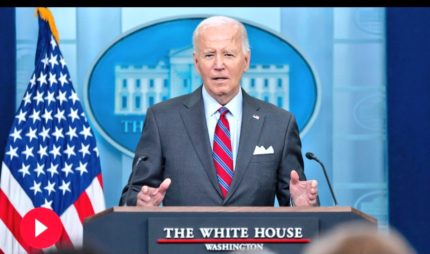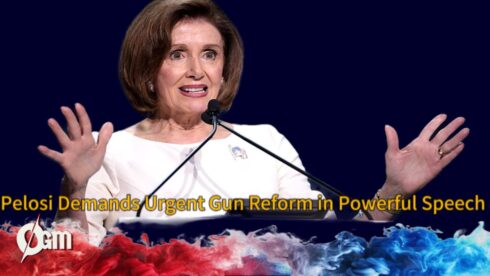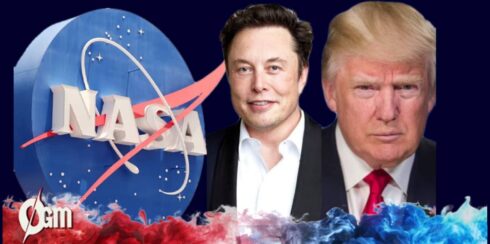President Joe Biden’s reported authorization for Ukraine to deploy U.S.-supplied long-range missiles against Russian targets has stirred strong reactions among allies of President-elect Donald Trump. Trump himself has yet to respond, but figures close to him, including his son Donald Trump Jr. and Congresswoman Marjorie Taylor Greene, have sharply criticized the decision, viewing it as a reckless escalation of the conflict. They argue that this move contradicts the mandate they believe voters provided in the November election to halt American involvement in foreign wars.
Critics argue Biden’s decision could heighten tensions with Russia. Trump Jr. warned on social media that the Biden administration was seemingly on a path toward “World War Three,” while Greene decried the move as a betrayal of American priorities. The backlash highlights a deep ideological divide between the current and incoming administrations on U.S. foreign policy in Ukraine. Although some former Trump advisors acknowledged the strategic merit in supporting Ukraine, they criticized the Biden administration’s timing and pace in delivering military aid.
Debates Over Biden Administration Involvement in Ukraine Intensify
Trump has long positioned himself as a candidate focused on ending “forever wars,” advocating for an America-first policy. His election victory was fueled, in part, by promises to curtail foreign military engagements and redirect funds to domestic issues. Trump has repeatedly pledged to broker peace in Ukraine within 24 hours of assuming office, though he has offered limited specifics on how he would achieve such an outcome.
High-profile Trump supporters argue that Biden’s recent decision runs counter to public sentiment. Greene noted that many voters “do not want to fund or fight foreign wars” and demand a focus on domestic issues. Others, like James Gilmore, Trump’s former OSCE ambassador, expressed frustration over Biden’s reluctance to bolster Ukraine’s defenses sooner. While Gilmore did not oppose military aid, he suggested that Western Europe should assume a more significant role, emphasizing Trump’s vision of shared NATO responsibilities.
Russia’s Reaction and Strategic Implications
Russia’s response to Biden’s missile decision has been notably restrained. President Vladimir Putin, who has previously condemned Western military aid to Ukraine as direct involvement in the conflict, has remained silent. However, his spokesperson described the U.S. decision as “adding fuel to the fire.” Experts predict Putin may escalate his rhetoric or actions in response, though some believe the threat of nuclear retaliation is unlikely due to the catastrophic consequences of such a move.
Meanwhile, the strategic impact of Biden’s decision could be significant for Ukraine’s military capabilities. With access to long-range missiles, Ukraine could target Russian logistical hubs deep within its borders, disrupting supply lines and weakening frontline Russian troops. Former U.S. envoy to Ukraine Kurt Volker stated that the move would enable Ukraine to hit critical targets, such as airfields and ammunition depots, potentially shifting the war’s dynamics. However, Western allies, including France and the U.K., have yet to follow the U.S. in authorizing similar strikes.
Impact on U.S.-European Relations and NATO Unity
The Biden administration’s shift on missile policy may also test the unity of NATO and the broader Western alliance. European leaders have been cautious, balancing support for Ukraine with efforts to prevent direct confrontation with Russia. France and the U.K. have supplied Ukraine with similar weaponry, but neither has commented on Biden’s decision or announced comparable authorizations for attacks within Russia. Analysts believe that these countries may eventually align with the U.S. stance, though they remain wary of provoking Russia unnecessarily.
Former Trump allies argue that NATO’s European members need to increase their involvement in supporting Ukraine. Gilmore pointed to Trump’s longstanding position that NATO’s strength lies in equal contributions from all members, rather than relying heavily on U.S. resources. As Biden’s final months unfold, the decision’s reverberations across the alliance and the influence on Trump’s foreign policy agenda will be closely watched by U.S. allies and adversaries alike.














